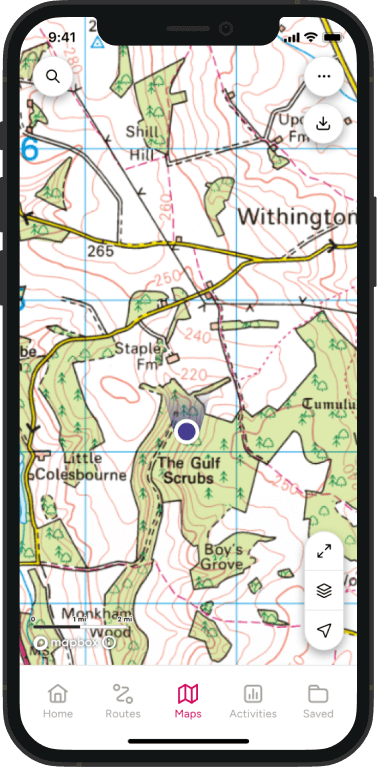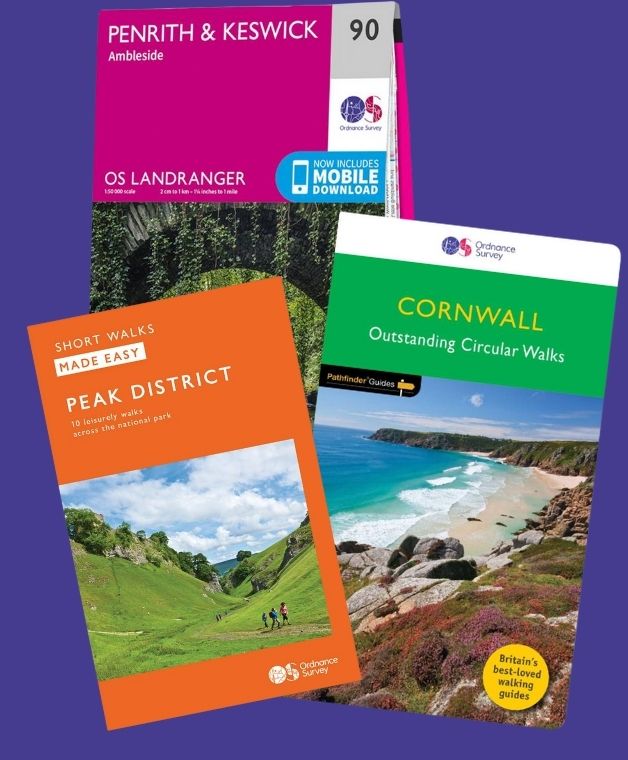Anna Hughes went plastic-free for a month. Here, she shares her top tips for how to make it work so you can try it too.
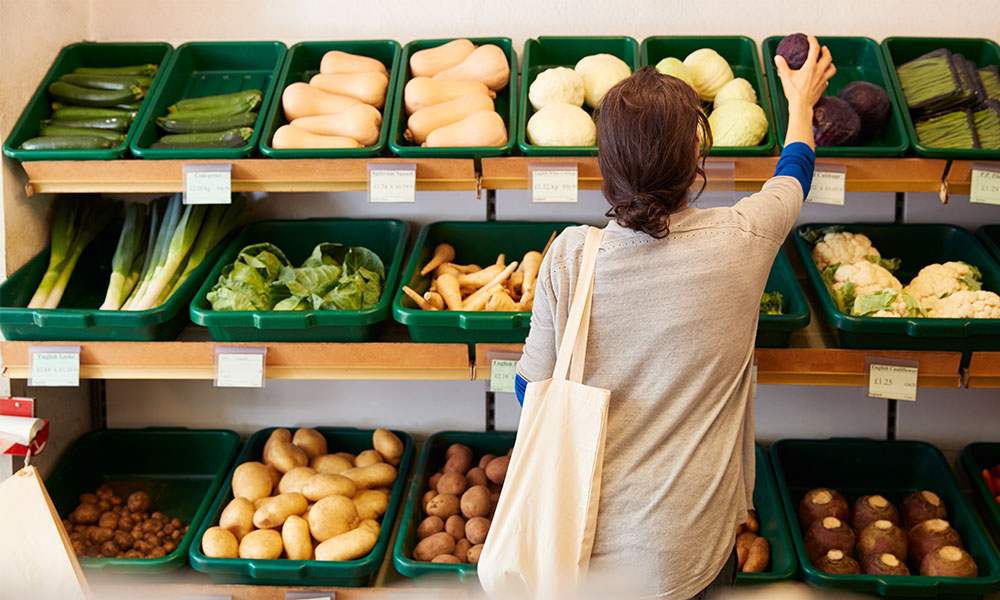
Public awareness of plastic waste and the damage it does to the environment has increased dramatically in the past few years, helped in no small part by the likes of David Attenborough and his series of documentaries.
I set myself a challenge to see if I could avoid using any single-use plastic for a whole month. Here’s how I got on.
Out and about
Travelling for work meant I was on the road for meal times, snack times and cup-of-tea times. I have a reusable thermal mug for tea, and many places give you a discount if you bring your own cup – win/win!
I received a reusable water bottle as a gift, so I had excuse to not carry plastic-free water in my handbag from now on.
Options for lunch/dinner have been to take my own food in a reusable Tupperware pot or look out takeaways that use foil, cardboard or Vegware (compostable ‘plastic’). A favourite on-the-road meal was a wrap or burrito. I did miss being able to buy crisps, though.
Shopping
Bread
I either bought an unpackaged loaf from the bakery or made my own. As a novice bread maker (with no machine) this was quite a challenge, but I loved the result and have continued to make my own since. Most supermarkets sell bread in their bakery section without any plastic packaging. As well as not being wrapped in plastic, it tastes a lot nicer freshly make.
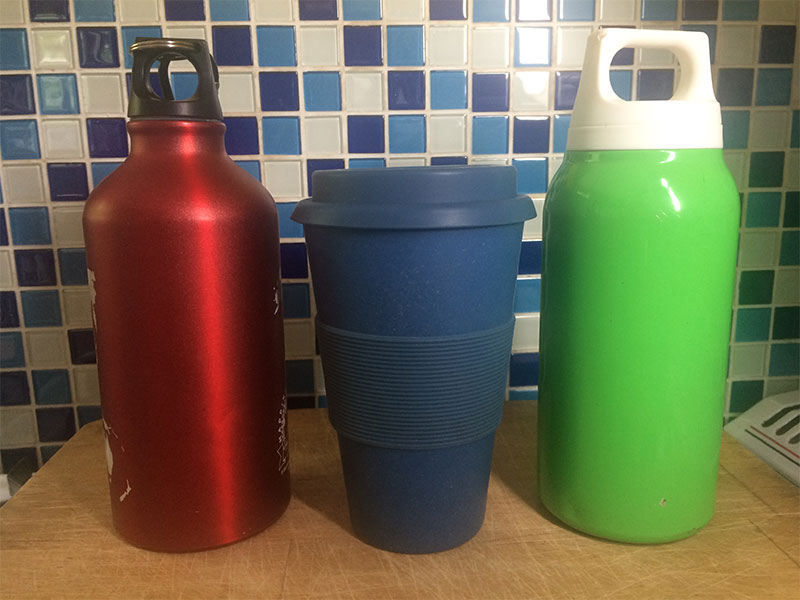
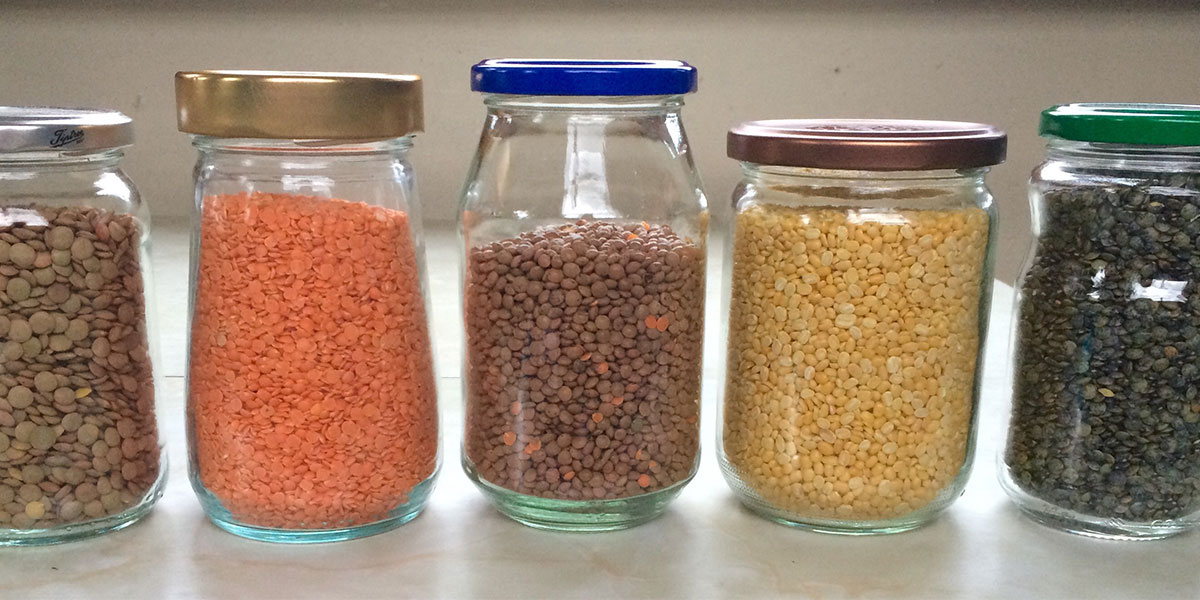
Store-cupboard staples and cleaning products
My local health-food shop stocks an impressive array of refills of everything from lentils, dried fruit and rice to herbs and washing-up liquid. I took my own pots to avoid their plastic bags. Soap and shampoo also comes in bars (I don’t actually wash my hair that often, so didn’t use shampoo this month. Great way to reduce your waste!) and these days many specialist health/plastic-free shops allow you to refill your own.
Fruit and vegetables
Only loose veg in paper bags made it into my shopping basket this month. It sometimes restricted my choice, though only in the supermarket – if I went to a street market or fruit and veg shop, almost everything is unpackaged, plus it’s a much nicer shopping experience (and cheaper, too)!
Animal products
It might be difficult to buy meat, cheese and butter without plastic packaging, so I get smug points for being vegan!
A friend has started taking her own Tupperware to the butchers and fishmongers, which sounds like a good solution. A doorstep delivery of milk comes in glass bottles or you can re-fill your own at some farm shops/health stores.
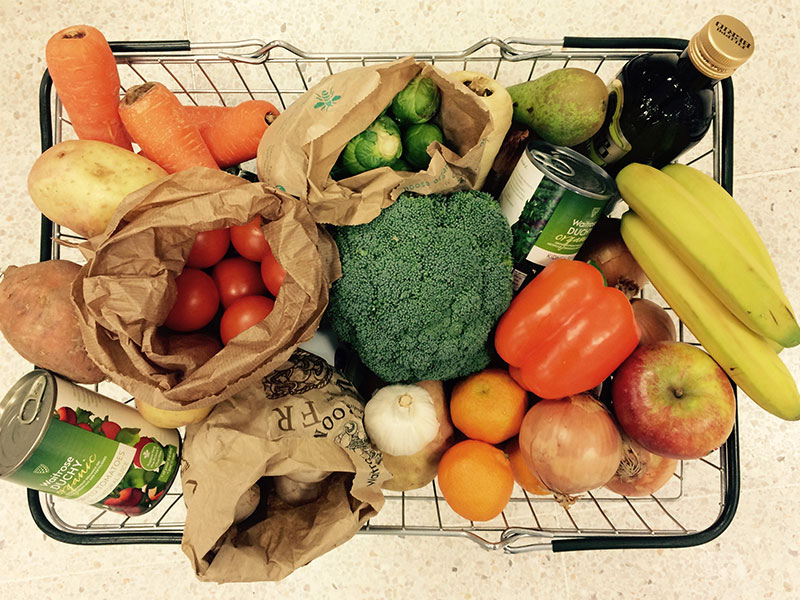
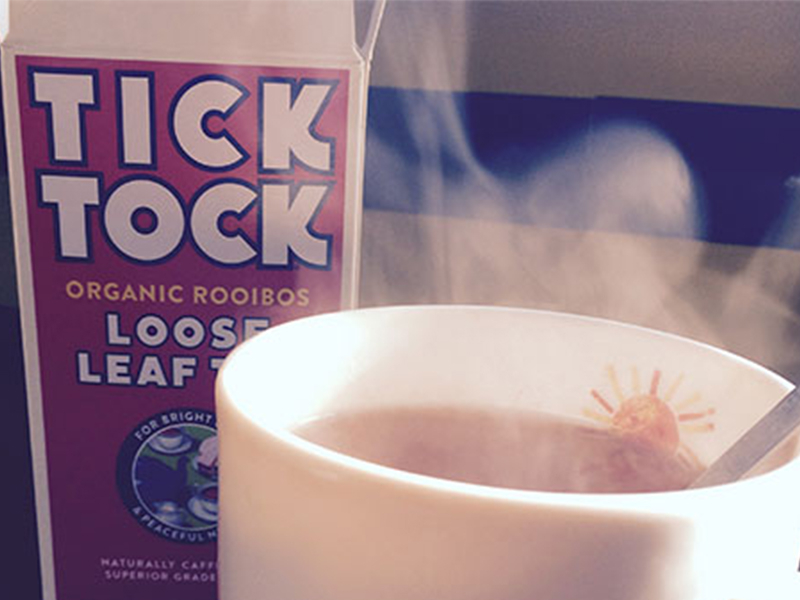
Tea
Earlier this year, PG Tips said they would stop using plastic in their tea bags. The sealing process uses polypropylene, something that, until recently, wasn’t widely known among consumers.
I tried loose-leaf but given that the leaves themselves come in a plastic bag, I wasn’t convinced I was using less plastic. I prefer tea bags anyway (sorry – lazy), so I hope more brands will follow PG Tips’ lead and start making tea bags from plant-based material.
Carrier bags
I always take a reusable bag with me when I go shopping, so no change here. I always make sure I keep a few in my car or on my bike so I never get caught out. Re-using carrier bags not only helps the environment but saves me money too.
Conclusions
Forcing myself to think about my plastic consumption meant I considered my purchases and changed some of my habits. It wasn’t as hard as I thought it would be and there are now many environmentally concious shops across Great Britain specialising in plastic-free products, offering re-fills on anything from spices, cleaning products, sweets and crisps, coffee and tea. So, it really has got easier to go plastic-free, or at least reduce our plastic usage dramatically.
As more companies pledge to reduce the use of plastic in their products, hopefully it will become ever easier to reduce the amount of plastic that ends up in our environment.
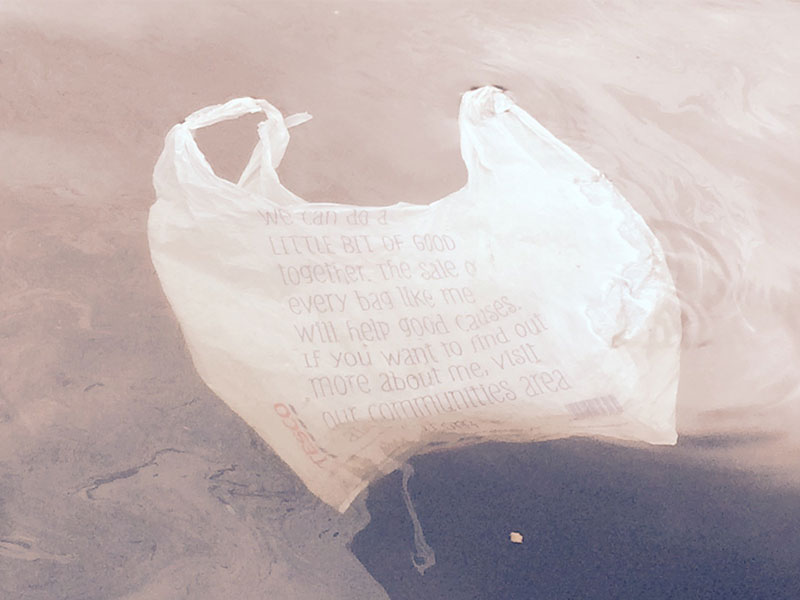
Re-using and recycling are important, but it’s best to remove it in the first place.
Whether you’re looking to go plastic-free or just want to reduce the amount of plastic you use, there are a few easy alterations you can make to your daily habits. You’ll also find yourself spending less money, eating fresher foods and benefiting from that free-good factor of doing you bit to protect the environment.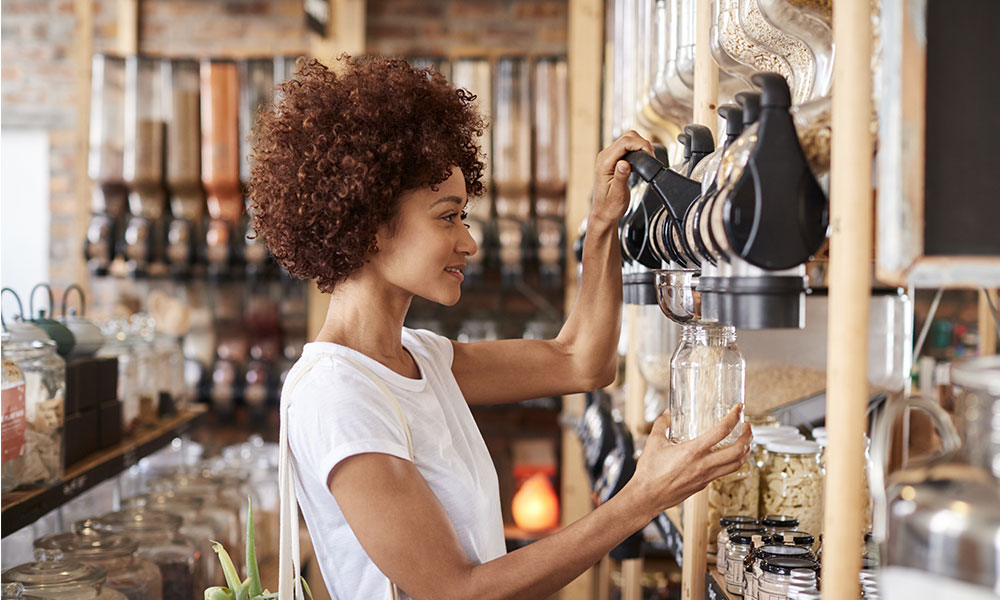
Do you have a top tip on reducing the amount of plastic you use? We’d love to hear about it in the comments below!
LEAVE NO TRACE
FIND YOUR NEAREST REFILL STATION
REUSABLE MUGS AND BOTTLES




